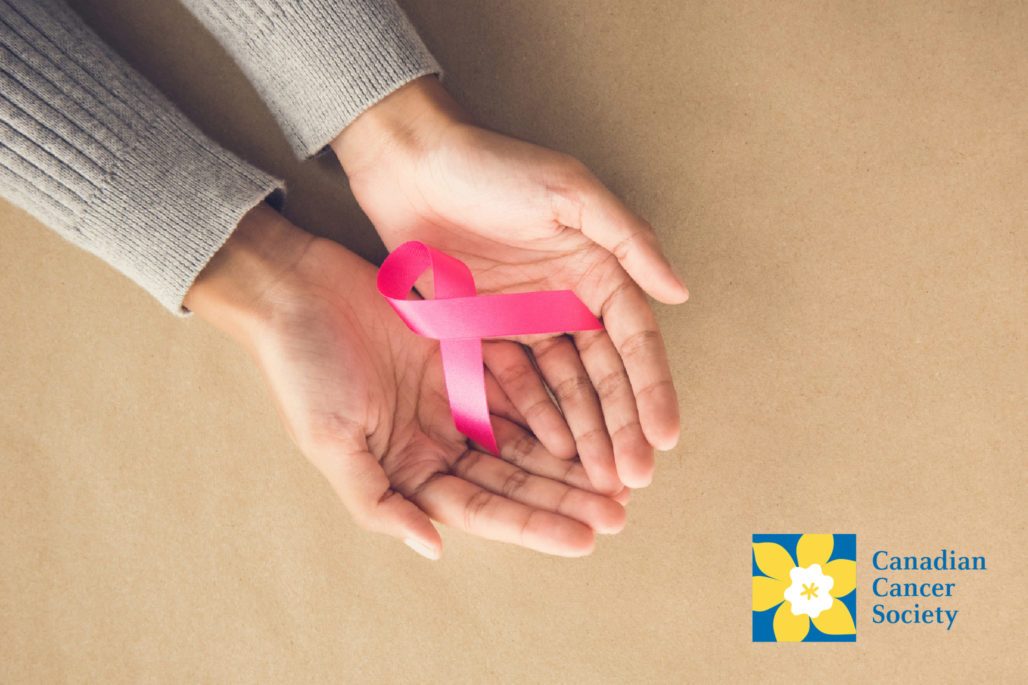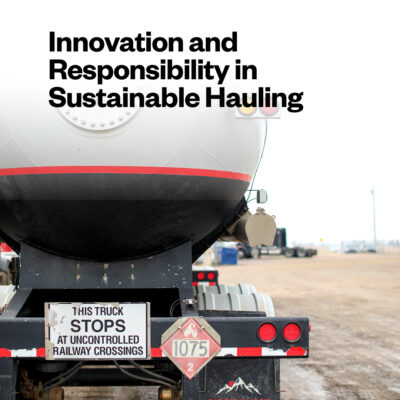Our partners, the Canadian Cancer Society, tells us, “Nearly half of Canadians are expected to be diagnosed with cancer at some point in their lives, and 1 in 4 are expected to die.” At Northwest, we are committed to supporting a healthy community. This is why we work with the Canadian Cancer Society, and why we want to make sure our community is aware of how to prevent cancer.
Your best defence against cancer is prevention and early detection. That means you need to take the wheel and be proactive with your health by taking care of yourself and getting screened.
Did you know that 4 in 10 cancers can be prevented? With dietary and lifestyle changes, you can reduce your risk of cancer. Here are some things you can do:
- Reduce alcohol consumption
- Quit smoking
- Have a healthy body weight and eat a well-balanced diet
- Reduce your exposure to the sun’s harmful UV rays by using sunscreen and limiting exposure
By taking these measures, you’ll reduce your risk of the 4 preventable cancers. But what about the other 6? This is where early detection and screening comes in. Be body-aware. Note any changes in your body and talk to your doctor about them. Changes that are important to share with your doctor include:
- Lumps in the breast or sores anywhere on the body or in the mouth that won’t heal
- Obvious changes in the size or shape of moles
- New growth or red patches on your skin that bleed or itch
- New or unusual swelling in the testicles or breasts or anywhere else on the body
- Any unusual blood or discharge
- Weight loss, a feeling of low energy, aches or pains that can’t be explained
- Changes in bladder habits
- Indigestion or problems swallowing
- Nagging cough or hoarseness in the voice.
Even if you have no symptoms, make sure you are getting screened regularly. Screening tests can detect some cancers before they cause symptoms – and this is the best time to fight cancer. Some tests will even find changes in the body that could become cancer if they aren’t treated. Regular screening detects colorectal cancer, cervical cancer and breast cancer.
How do you find out if you should get screened? Talk to your family doctor, and learn your family history with cancer so that you understand your personal risk level.
Screening is important because when you find cancer before you have symptoms, it is easier to treat. The treatment may be less invasive, and you will need less time to recover.
Screening isn’t always 100% accurate. There is a risk of a false positive (testing positive for cancer when you don’t have it) or a false negative (testing negative when there is a cancer present). A false positive may lead to unnecessary additional test that may be harmful to you. There is also the risk of overdiagnosis. With overdiagnosis, a test finds a cancer that is unlikely to lead to cause death or even reduce your quality of life. Some cancers grow so slowly that they have no discernable impact. With overdiagnosis, you might end up going through a treatment with harmful side effects when you don’t need to.
Despite these drawbacks, the Canadian Cancer Society advises that the benefits of screening and early detections outweigh the risks. If you haven’t been screened, see you doctor to talk about your options to ensure your journey on the highway of life is cancer-free.




